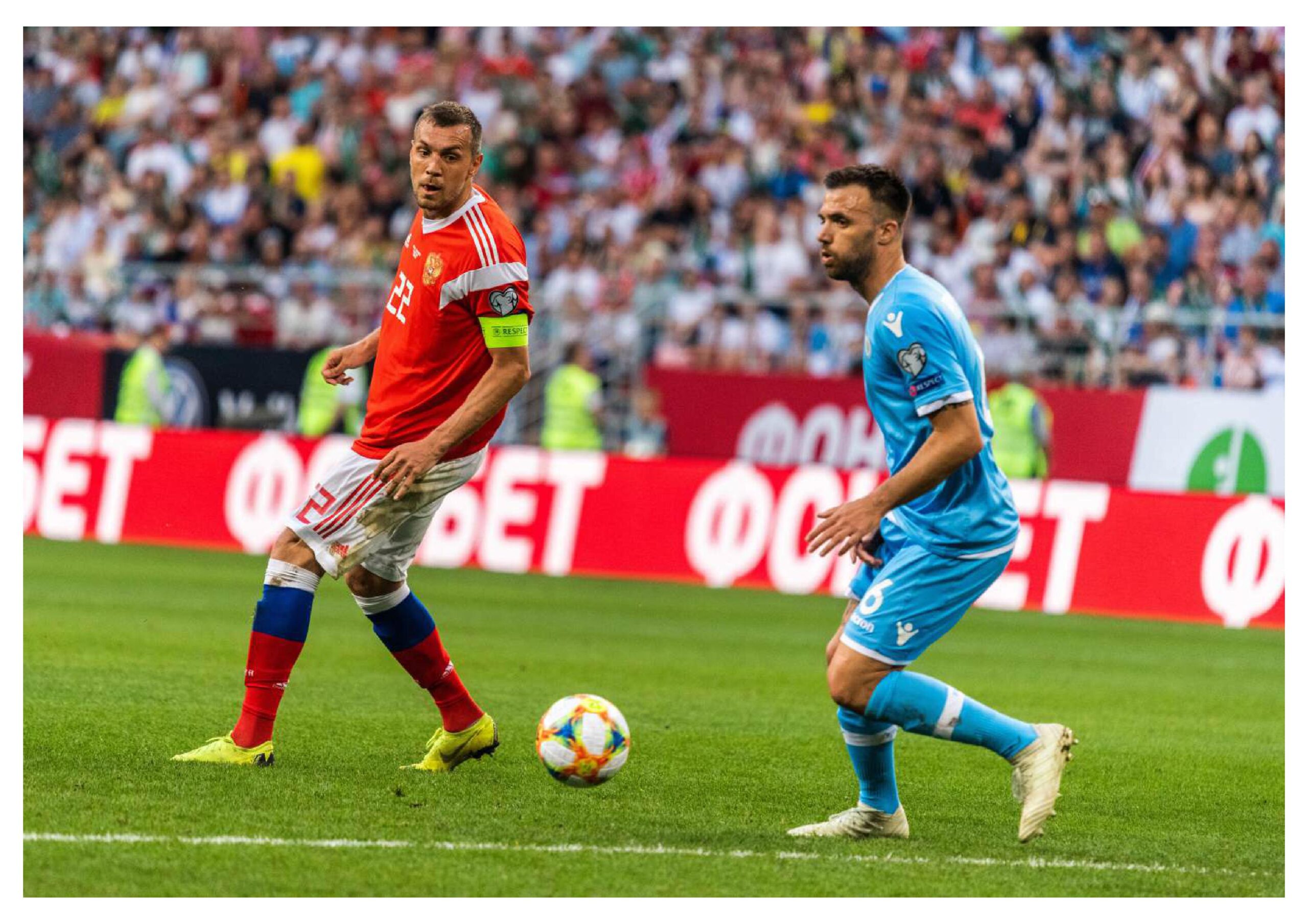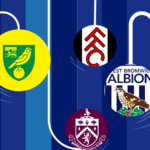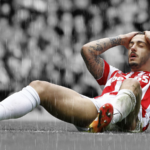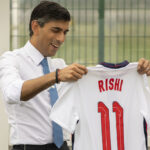If success is defined by supremacy, then football needs a new metric. The deepest corners of world football must be accounted for, bar none. And in the centre of Europe’s chaos, landlocked by one of world football’s major powerhouses, between the lakes of Milan and the Bay of Naples, rests the tiny nation of San Marino. Where endurance takes precedence over strength. Where grit and suffering merit the most acclaim. Why? Because this is the worst footballing nation on the planet.
‘I have never won a game for my country’s people’
“We lose a lot of games. In fact, I have never won a game for my country’s people”, explains one of San Marino’s longest-serving defenders. Ranked 210th in the world, the European minnows have won just one match in their history, a 1-0 friendly triumph over Liechtenstein in 2004. Recently, however, a three-match goal scoring stint against Denmark, Kazakhstan and Finland has propelled the general feeling surrounding the national side towards a state of hope and buoyancy.
Evening Standard football reporter Dom Smith says: “People who don’t understand international football might think it’s quite demoralising to play for the worst country in the world, but I don’t think that’s how they see it.
“If you look at it, they’re players who would not be able to represent their nation if they played for anyone else, but because they happen to be born in a tiny microstate slap bang in the middle of Italy, they’re able to share a bit of flat mud with Kylian Mbappe. That’s football.”
This may be, and the players themselves are fully aware of how Sammarinese football is viewed. That doesn’t mean to say they’re seeking sympathy. “Why?” one of the players asks. “We just want respect.”
What is success for San Marino?
He’s right. What constitutes success for the world elite will be incomparable to the long-term aims San Marino has. What is the same is how you set out to achieve success. Perhaps a lesson to be learnt… These tangible achievements we speak of in sport are made possible only by the unwavering day-to-day focus on smaller improvements.
The players know all too well how the game works by now. “We don’t care. The countries think San Marino is sad, but we are happy. We know that San Marino cannot win a lot of matches, because we don’t have Phillip Lahm and we don’t have Mario Balotelli and we don’t have Raheem Sterling.
“The national coach has small targets. We respect the other nations, and we work very, very hard on the grass to keep a low score. Then we are happy. If we score, we buy a cake.”
Dom Smith says: “They do want to win, and they’ve always wanted to win, Make no mistake. We must never be so arrogant as to think otherwise. But it’s already a source of pride to them that they get to play in European Championship and World Cup qualifiers.”
Is it hard, though? Surely loss after loss takes its toll eventually…
Smith thinks perhaps difficulty plays a part in the pride they feel. “I do sense that there is a pride in playing for a country that everyone undervalues and maybe disrespects. As a player, that couldn’t not give you an appetite to cause an upset.
“There’s a general feeling in San Marino that their second ever victory is coming. Just think about how much sweeter it will be for San Marino than for Finland or Hungary or Italy next time they win a game.”
One of San Marino’s all-time top-scorers concurs. “I love my country and my country loves me, because they all know me. Other people don’t have this and that makes me proud.
“I played professionally, but my friends in the team had other jobs. Football was my whole life, and football was half of their life. They were working in the day. [But] that didn’t matter, because we all knew we were living the dream of our country’s children.”
Another of the old guard says: “I have a family who I love and care for, and a job I must go to. I work for a bank. If I don’t work, my family cannot be happy, so I work. Then I have football games to play, and I want to play so much. I also must do many other things in that moment. What do I do when my country needs me, and my family needs me?”

A team of ordinary people, just like ourselves
The current crop of Sammarinese players includes students, lawyers, factory workers, and two clothes shop managers. Their manager until recently worked as a P.E teacher near Serravalle, where the national stadium lies.
A rather odd reality to be faced with, these ordinary people — roughly ten times a year — get the chance to maybe, just maybe, become a national hero by scoring a goal. Today, it’s a dream that has as good a chance of turning into reality as it ever has. Goals have become less of a big deal for the national side of late, which can only mean progress.
Perhaps the most famous goal in San Marino history came in 1993, way back when their opponents’ net rippled once in a blue and white moon. England had to beat San Marino by seven goals to qualify for the World Cup. Within 9.3 seconds, a sloppy back pass gifted the minnows a goal, and Davide Gualtieri a place in Sammarinese history. England won only 7-1 and failed to qualify.
It remained the quickest goal in World Cup qualifying history until 2016. San Marino were the reason England didn’t qualify for the 1994 World Cup.
Smith says: “That’s a real triumph whatever anyone says. And Gualtieri, who scored the goal, still gets English tourists walking into his electronics store in the middle of San Marino city saying, ‘Excuse me, are you the one who scored after 9 seconds?’, and you can guess what he says.
“Losing against England gave him that famous moment. There’s a magic to it.”
‘Something is brewing’
Many footballers when speaking reminiscently will say they don’t like to look back, they want to look forward. You can imagine Sammarinese football hasn’t always been afforded this luxury. And yet one of the players raises an important point…
“No. Stop looking there, there, there [signalling to different places]. Look now. This is great. Three goals in three matches, and the best San Marino team I have ever seen or been part of.”
You get the sense something is brewing in San Marino. Politically, the significance of them being FIFA recognised has been unmeasurable, and football, perhaps more so than elsewhere in Europe, represents something greater. Greater than entertainment and competition.
“I don’t think it means very much to play for England, other than that you might win a tournament, because we’re not a very patriotic country”, says Smith.
“We don’t need to be. Countries who are really patriotic are those who tend to be smaller or less powerful and so they need to wave their flag. You won’t find many prouder nations in Europe than San Marino because they have no choice but to be proud of what they have. They are regularly on the end of quite gruesome thrashings, but the first thing they’ll tell their family is ‘I played against Harry Kane today’, and that’s such a lovely thing.
“The question for these players is: ‘Have we represented our tiny country to a respectable level here?’ The challenge is to finish the game, able to answer ‘yes’.
“For what it’s worth I think they do. Only now are they beginning to reap the rewards.”
San Marino will likely remain at the bottom of the FIFA world rankings for some time. Very few of their lonely buddies down in the 200s share European status, with Oceania and the Caribbean accounting for the majority. They will always win more games than San Marino, playing most of their fixtures against teams near their level. But you don’t need to tell these national heroes not to look at the rankings. They’ll know this already. What matters is finding different ways to gauge progress.
It’s not about being supreme. It’s about enduring; and to endure is to enjoy for these Sammarinese players. They’re prouder than most, and now, more than ever before, things are looking up.

Dom Smith is a football reporter for the Evening Standard,
who has covered San Marino’s international football team
and spoken to Sammarinese players at EnglandFootball.org
Related Content




